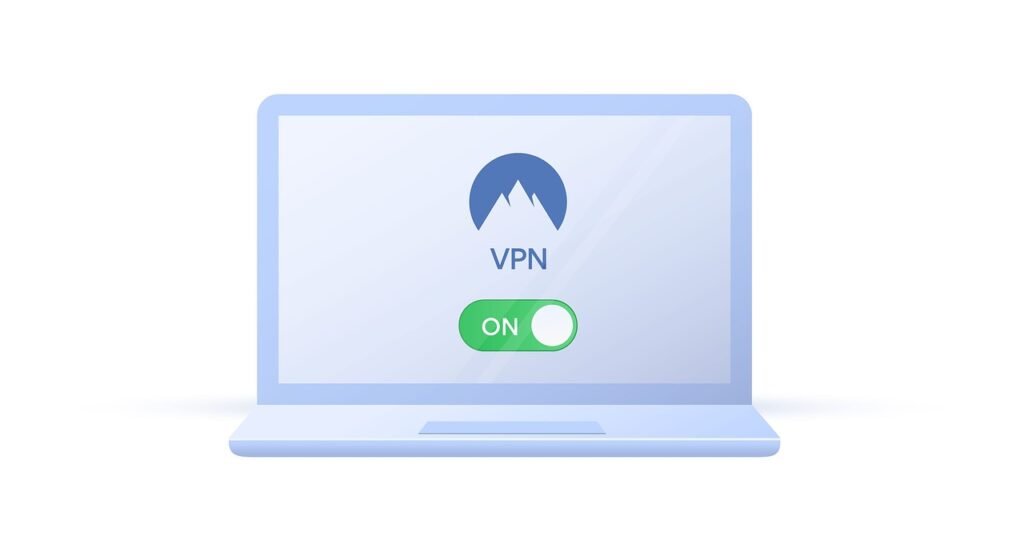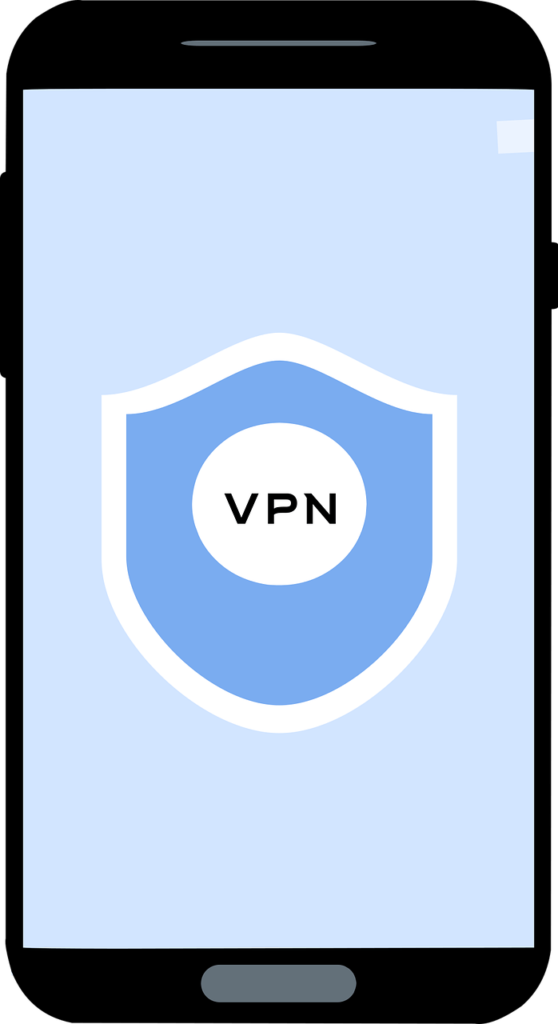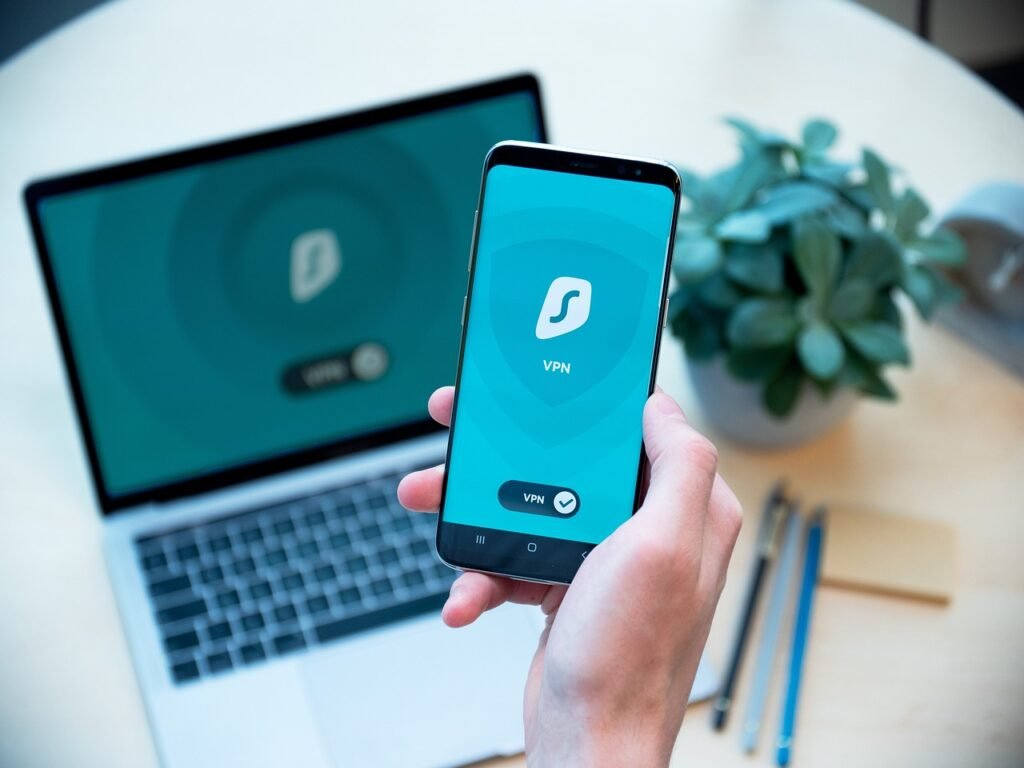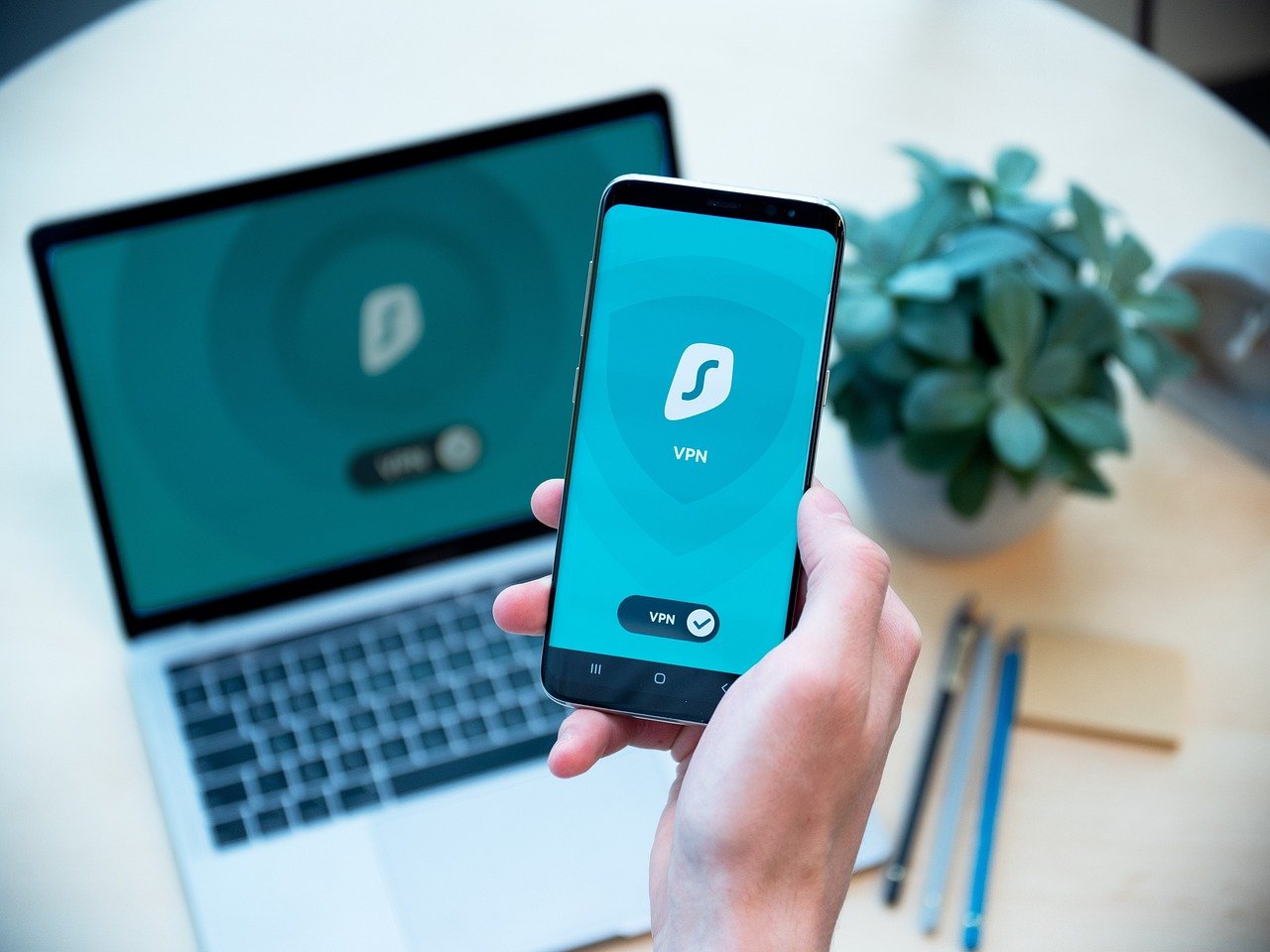Have you ever thought about how your digital activities are monitored every day? In a world where privacy breaches and cyber threats seem to lurk around every corner, understanding the significance of VPN access can completely change how you navigate the online landscape.
What is a VPN?
At its core, a Virtual Private Network, or VPN, creates a secure connection over the internet between your device and the network you are using. Think of it as a personal tunnel that encrypts your data and helps maintain your privacy while online. This means that your internet activities are kept away from prying eyes, whether they be hackers, internet service providers (ISPs), or even government agencies.
How Does a VPN Work?
The way a VPN operates is intriguing. When you connect to a VPN, your device communicates with the VPN server, which then communicates with the internet on your behalf. Here’s a breakdown of this process:
-
Encryption: Your data is encapsulated in an encrypted tunnel, which means that even if someone tries to intercept it, all they see is scrambled information.
-
IP Address Masking: Your original IP address is hidden. Instead, the website you visit sees the IP address of the VPN server. This means that your physical location is concealed, offering you anonymity online.
-
Secure Data Transmission: When you send or receive information, it’s done so through this secure tunnel, making it much harder for anyone to access your data.
Why is VPN Access Important?
In today’s digital world, VPN access isn’t just a luxury; it has become a necessity for various reasons.
Enhanced Privacy
In an age where personal data is considered the new oil, maintaining your privacy online is crucial. By reducing tracking and surveillance, you can take back some control over your digital footprint. With a VPN, you can browse the web more freely, knowing your activities are shielded from unwanted scrutiny.
Security on Public Wi-Fi
How often do you find yourself connecting to public Wi-Fi networks? Whether it’s at a coffee shop, airport, or hotel, these networks are often unsecured, making them prime targets for cybercriminals. A VPN encrypts your connection on these public networks, protecting sensitive information like passwords and credit card numbers from potential theft.
Access to Restricted Content
Have you ever faced geographical restrictions while trying to access content? With a VPN, you can bypass these barriers. By connecting to a server in a different country, you can access streaming services, websites, and other content that may not be available in your region.
Prevent Bandwidth Throttling
Do you sometimes notice that your internet speeds drop when streaming or gaming? This could be due to bandwidth throttling, where ISPs limit your speed based on your online activities. A VPN can help evade these restrictions by masking your data usage habits from your ISP.

This image is property of pixabay.com.
Types of VPNs
Understanding the types of VPNs available will aid you in choosing one that suits your needs.
Remote Access VPN
This type allows you to connect to a private network from a remote location. It’s particularly useful for employees working from home or traveling. By creating a secure connection to their company’s network, employees can access files, applications, and other resources without compromising security.
Site-to-Site VPN
This option connects two networks securely. It’s commonly used by businesses that have multiple offices in different locations. A site-to-site VPN ensures that all data sent between these locations remain secure, making inter-office communication efficient and safe.
Mobile VPN
If you’re constantly on the go and often rely on your mobile device for internet access, a mobile VPN might be for you. It’s designed to maintain a secure connection even as you switch networks, ensuring your data remains protected.
| Type of VPN | Description | Best For |
|---|---|---|
| Remote Access VPN | Connects individual users to a private network | Employees working remotely |
| Site-to-Site VPN | Connects entire networks securely | Businesses with multiple locations |
| Mobile VPN | Enables consistent connectivity for mobile devices | Users who frequently switch networks |
Choosing the Right VPN Service
Finding the right VPN provider can feel overwhelming, given the multitude of options available. Here are several factors to consider:
Security Features
Look for a VPN that offers robust encryption standards such as AES-256. Additionally, features like a kill switch can prevent your data from leaking if the VPN connection drops.
Server Locations
A VPN with a broad range of server locations offers you greater flexibility and access to content from various regions. This can enhance your browsing experience by reducing latency and improving speeds.
Logging Policy
Ensure that the VPN has a strict no-log policy. This means they do not keep records of your online activities, adding an extra layer of privacy.
Speed and Performance
Some VPNs can slow down your internet connection. Check reviews and speed tests to find a provider known for maintaining high performance.
| Feature | Considerations |
|---|---|
| Security Features | Look for strong encryption and a kill switch |
| Server Locations | More locations equate to better access |
| Logging Policy | Strict no-log policy is crucial |
| Speed and Performance | Research for VPNs known for high speeds |

This image is property of pixabay.com.
Setting Up a VPN
Setting up a VPN is a straightforward process, and you can do it in a few simple steps. Here’s how:
Step 1: Choose a VPN Provider
Start by selecting a VPN service that meets the criteria discussed earlier, tailoring the choice to your preferences and requirements.
Step 2: Download and Install
After signing up, download the application compatible with your device. Most providers offer applications for Windows, macOS, iOS, and Android.
Step 3: Log In
Once installed, log in using your account credentials.
Step 4: Connect to a Server
Choose a server from the list provided. You can usually select based on distance, speed, or desired location.
Step 5: Start Browsing
With a secure connection established, you can now browse the internet safely and openly, enjoying the benefits of privacy and access.
Common Misconceptions About VPNs
You may come across several myths surrounding VPN use. Let’s unravel some of the most common misconceptions.
VPNs are Only for Criminal Activity
Contrary to this belief, the majority of VPN users are law-abiding citizens seeking to protect their privacy and enhance their security online.
VPNs are Completely Anonymous
While a VPN increases your anonymity, it doesn’t make you entirely untraceable. Your activities can still be logged by the VPN provider or traced back through other means.
VPNs are Too Complicated to Use
Setting up and using a VPN is generally user-friendly. With a bit of guidance, you’ll find it quite simple to connect and use.
| Misconception | Truth |
|---|---|
| VPNs are for criminals | Most users value privacy and security |
| VPNs offer complete anonymity | They enhance anonymity but are not foolproof |
| VPNs are complicated to use | They are usually straightforward |

This image is property of pixabay.com.
The Legal Aspect of Using a VPN
When considering VPN access, it’s essential to understand the legal implications.
Legality
In most countries, using a VPN is legal. However, there are some countries where VPNs face restrictions or are entirely banned. Always check your local regulations to ensure compliance.
Ethical Use
While a VPN can facilitate access to restricted content, using it to bypass lawful restrictions can lead to ethical dilemmas. It’s crucial to be aware of what you are accessing and act responsibly.
Conclusion: Why You Need VPN Access
Navigating today’s digital landscape without the protection and benefits offered by a VPN can feel daunting. With an increasing number of cyber threats, privacy concerns, and geographical restrictions, a VPN not only enhances your online security but also enriches your browsing experience.
You have the tools to protect your digital life. By understanding what a VPN is and how it works, you can make informed decisions about your online security. Whether you want to safeguard your personal information, access blocked content, or simply enjoy a safer browsing environment, investing in VPN access will undoubtedly benefit you in the long run.
